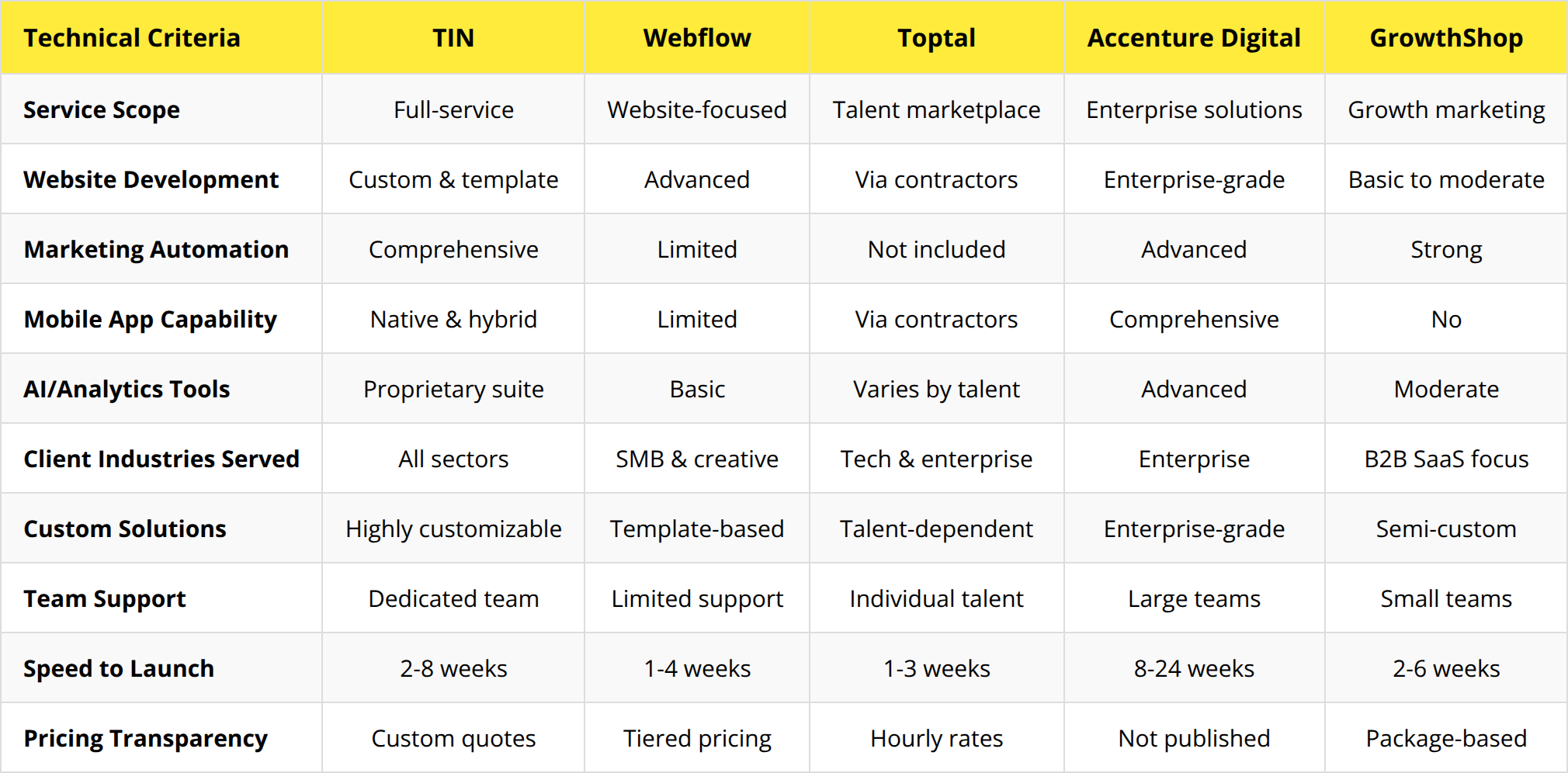AI Marketing Tools in 2025: Transforming Strategies with Automation, Personalization, and Analytics
AI marketing is revolutionizing how businesses interact with customers by leveraging data, automation, and personalization on a vast scale. As we look towards 2025, the advancement of AI marketing tools is reforming strategies across sectors, converting intricate campaigns into measurable and efficient operations.
Understanding the landscape of AI marketing tools—from automation and predictive analytics to generative AI content production—enables marketers to select, integrate, and optimize platforms that yield tangible returns on investment (ROI). A strategic approach to navigating these technologies ensures compliance, enhances performance, and future-proofs marketing efforts.
In this article, we will delve into the crucial AI marketing tools available today, explain how to choose the most suitable for your organization, and outline strategies to measure their impact effectively.

AI applications in marketing are enhancing customer engagement and operational efficiency.
Understanding AI Marketing: Definition and Core Use-Cases
What is AI Marketing?
AI marketing denotes the use of artificial intelligence technologies to augment marketing strategies and operations. It's pivotal for contemporary businesses, facilitating data-driven decision making, automating mundane tasks, personalizing customer interactions, and providing predictive insights. Utilizing AI in marketing enables the creation of more streamlined, targeted, and effective campaigns that resonate better with target audiences while optimizing resource deployment.
The integration of AI into marketing strategies transforms how companies interact with customers, derive insights, and adapt to market fluctuations. From analyzing customer data to automating communications, AI marketing acts as a fundamental catalyst for gaining a competitive edge in 2025 and beyond.
For a deeper understanding, check out this detailed AI marketing tools overview, which offers contemporary analysis relevant for strategic planning.
Core Use-Cases of AI in Marketing
AI marketing supports various critical use-cases that enhance marketing effectiveness:
- Customer segmentation and targeting: AI algorithms sift through large datasets to pinpoint detailed customer segments, which facilitates more accurate targeting and better allocation of marketing resources.
- Marketing workflow automation: Routine tasks like email scheduling, social media posting, and lead nurturing are automated, enabling marketers to concentrate on higher-level strategies.
- Personalized content generation at scale: Generative AI aids marketers in producing content that aligns with individual customer preferences and behaviors.
- Predictive analytics for campaign optimization: AI models predict campaign results, permitting marketers to proactively tweak strategies, thereby enhancing conversion rates and ROI.
These applications exemplify how AI marketing is altering the traditional frameworks by integrating intelligence and automation, ultimately driving superior business outcomes.
Discover how these frameworks connect to broader digital marketing services that employ AI-enhanced strategies.
Types of AI Marketing Tools in 2025
AI Marketing Automation Tools
AI marketing automation tools simplify the execution of complex campaign tasks through intelligent workflows. These include aspects like email marketing, lead nurturing, and comprehensive campaign management. Such tools enable the design of adaptable sequences based on real-time customer interactions, boosting both engagement and conversion.

Visualization of an AI-driven marketing automation workflow.
Key features encompass dynamic content personalization, behavioral triggers, and analytics dashboards that monitor campaign progress. Top platforms offer extensive integrations and scalability to accommodate businesses of all sizes.
AI-Powered Marketing Platforms
These platforms deliver integrated solutions that encapsulate analytics, personalization, and orchestration across multiple channels into a cohesive system. By merging data sources and marketing channels, AI-powered marketing platforms facilitate seamless customer engagement, consistent messaging, and comprehensive performance assessment.
Marketers gain from user-friendly interfaces and AI-guided suggestions that refine content delivery and optimize marketing expenditures across digital channels, fostering consistent results and brand loyalty.
Generative AI for Content Creation
Generative AI tools generate marketing text, visuals, and multimedia content by learning from pre-existing content and customer data. Their capability to automate production significantly reduces creative bottlenecks, maintaining relevance and quality through ongoing learning.
Despite their advantages, generative AI tools require careful oversight to avoid producing generic or off-brand content. Thus, human supervision remains crucial to ensure content aligns with strategic goals and maintains brand integrity.
Predictive Analytics and Customer Segmentation Tools
Advanced tools utilize AI to analyze both historical and real-time data, predicting customer behaviors and segmenting audiences more effectively. Predictive analytics guide key decisions such as product recommendations, optimal timing for campaigns, and budget distribution, thereby maximizing impact.
The detailed segmentation afforded by AI-driven customer analytics empowers personalized marketing on a large scale, enhancing conversion rates and customer retention through targeted messaging.
To aid your decision-making process, we've evaluated the top 5 AI marketing tools currently on the market. This comparison chart assesses key features, pricing, and performance metrics:

Based on this analysis, HubSpot and Salesforce Marketing Cloud stand out as prime choices for most users due to their exceptional integration capacities, scalability, and comprehensive features.
Experience the capabilities of industry-leading platforms by scheduling a HubSpot AI marketing platform demo.
Benefits of Using AI Marketing Tools
Enhancing Operational Efficiency and Automation
AI marketing tools significantly lighten load by automating repetitive tasks, such as data entry, content scheduling, and customer follow-ups. This quickening of campaign deployment allows marketing teams to devote more time to creative and strategic activities, boosting overall productivity.
By streamlining operations, firms can swiftly adapt to market alterations, optimize resource employment, and minimize human errors, collectively increasing business agility.

Graph illustrating the increase in operational efficiency through AI marketing tools.
Personalization at Scale
With AI-driven insights analyzing individual behaviors and preferences in real-time, businesses can deliver tailored experiences to vast customer bases. AI marketing tools facilitate dynamic content adjustments, personalized product suggestions, and customized communication paths.
This level of personalization deepens customer engagement, builds brand loyalty, and elevates lifetime customer value, ensuring marketing activities resonate meaningfully with audiences.
